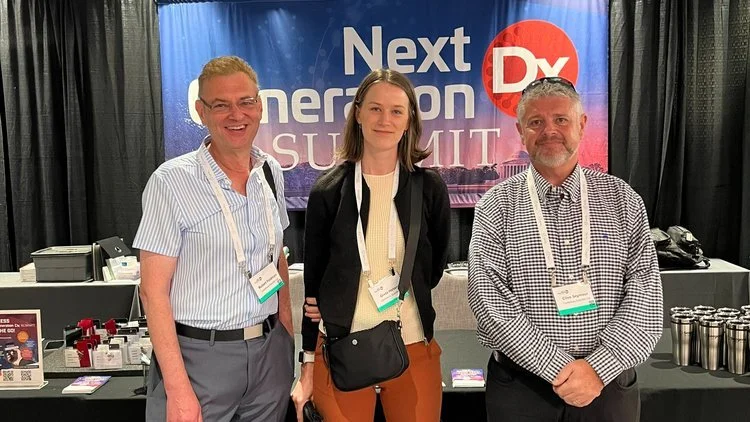From iGEM to Research and Development in Food Industry: Nathan Hawkins
This article summarizes a conversation with Nathan Hawkins, Team member of the Sydney_Australia 2019 iGEM team, and Research Scientist at the Australian food tech company: Vow Food
Synthetic biology has the ability to bring out your creativity. It encourages you to consider a number of approaches to tackle challenges by applying engineering principles to biology. This is what piqued Nathan’s attention and, as a result, he decided to pursue his undergraduate studies in Molecular Biology and Genetics at the University of Sydney in 2019. He enjoys learning about the small molecules that surround us, how they respond, and how we can tinker for specific needs.
“Unfortunately, there's no shortage of challenges, and fortunately, I think the skill sets from iGEM cultivate and encourage us to use synthetic biology as a problem-solving tool. Knowing and understanding how to make those solutions more efficient or how to generate the right data and interpret it and stuff like that it's really important.”
iGEM Sydney_Australia 2019 Team At the Synthetic Biology Australasia (SBA) Conference | Sydney_Australia Wiki
Participating in iGEM: The Journey and the Lessons
Nathan applied for the iGEM Sydney_Australia 2019 team, during his final year, after attending a lecture where someone had posted a flyer for recruitment. He was selected for a 6-member team with a diverse set of skills, who came together to attempt to express psychedelics from the psilocybin gene of magic mushrooms cloned into Escherichia coli.
One thing that Nathan particularly enjoyed during the iGEM Competition was stakeholder engagement, particularly for their team’s human practices and entrepreneurship activities. This is what later set the course for him to move from academia to industry, once he was done with his undergraduate degree. “I understood how crucial it is to consider and know-how the research we are pursuing is useful for the bioeconomy and it can be moved from the lab to the market”. He began his career as a junior researcher at Vow Food, an Australian company developing cultured meat. Today, he is still working there as a researcher.
The life of a Food Research Scientist: The Rapid Pace
“An initial approach to a problem in academia can be rigorous and detailed, with time on your side to experiment. In contrast that with the startup environment, it’s quite fast-paced since you’re on a time crunch and you’ve limited resources. Let's say you have a question that you'd like to answer. If you were in academia, you may consider a more roundabout route to take, however in a startup, time is of absolute importance. Before you start working on something or initiate a second iteration of an experiment or something, your first question that you want to be solved has to be like a yes-or-no question; does it work, does it not work, and then, once you do that, you can dig into a question a little bit deeper and that process is shaped by the goals and needs of a company. You have to compromise between what the company needs and what you're curious about. So having that dialogue and effectively managing how to combine that kind of workflow with what the startup needs is another very important step.”
Industry vs Academia: How to Pick One?
Determining the various career options after our undergraduate studies can be exciting yet frustrating at the same time. You can either continue your education, get a PhD in the field, apply for positions in the industry or change your field altogether. Nathan offers some advice to senior students who are still in the midst of consideration and exploration in an industrial role; first is to trust your gut and think about what you want, it can start from reflecting on which working pace you would prefer, academic or industrial.
“If academia seems slow to you, and you want something more fast-paced, then startups and industry can be one venue to give you that outlet. You can be creative in that way and apply flexibility with a constraint, it can be your time and resources as well as requiring rigidity in how to solve a specific problem or how to build a specific understanding of a technique and a practice in honing your skills outside of your scope, such as the business development aspects.”
To sum up, iGEM means freedom to Nathan. “It gave me more freedom, to be more creative in my undergraduate degree or be more open to figuring out what's out there and it just gives you the opportunity.”







